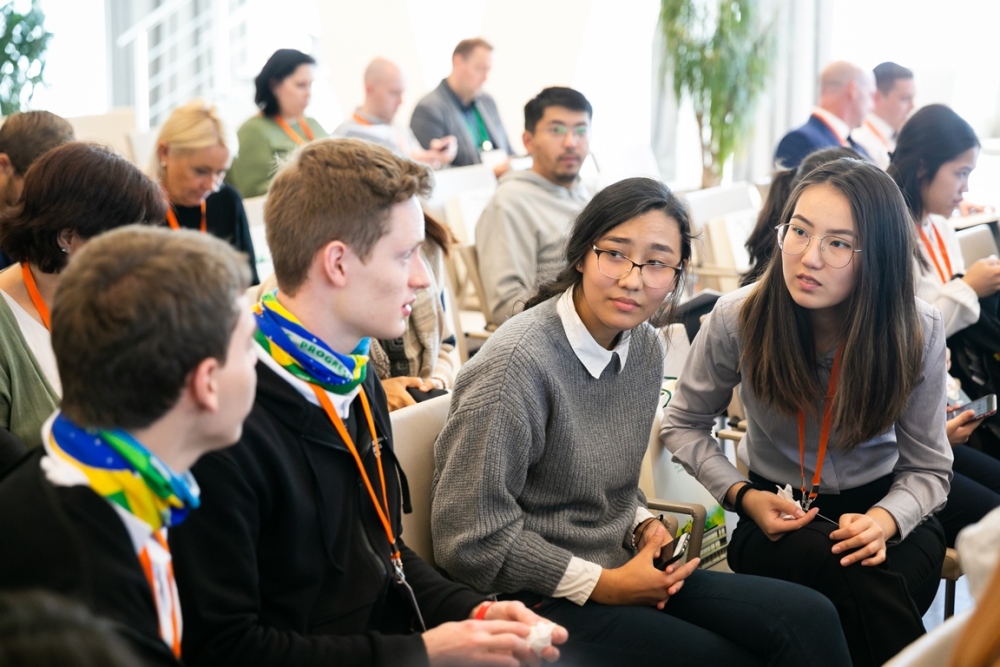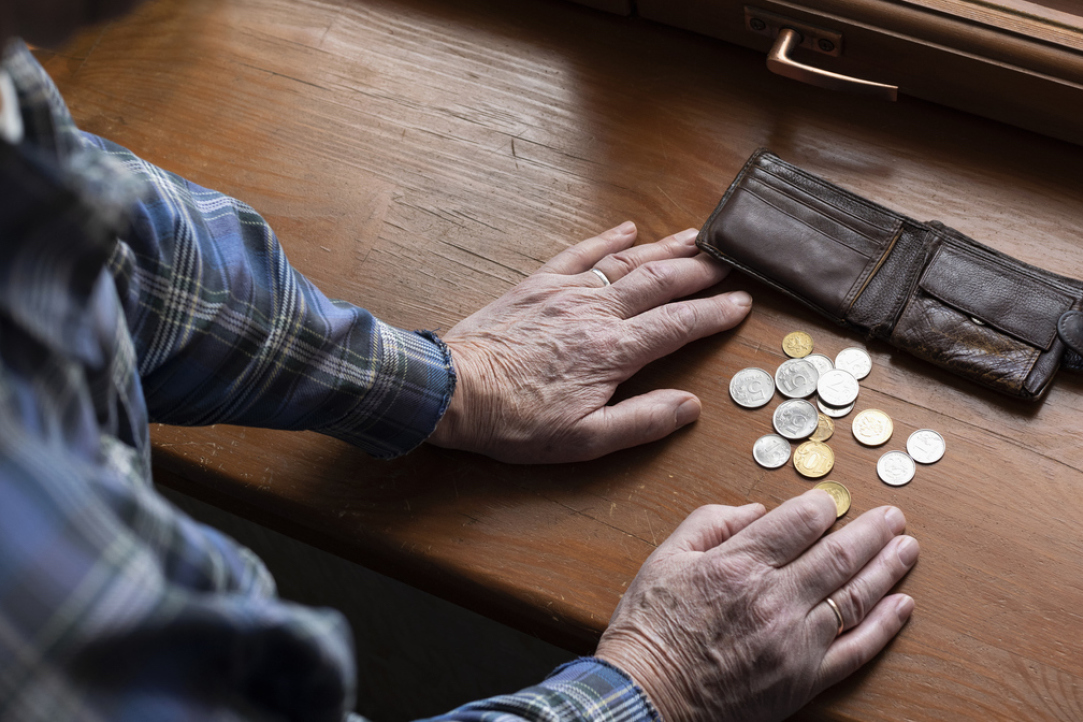
‘Enrolling at HSE University Is One of the Best Decisions I Have Made’
Nargiz Mammadova, first-year Master's student of the Economics: Research Programme, chose HSE University based on the strength of its reputation and its placement in university rankings. In her interview, Nargiz talks about her passion for economics, her impressions of the programme, her career aspirations, and more.

International Economics Olympiad Participants Hold an Open Online Competition
The IEOx Winter Challenge, a two-week international online competition for junior and senior high school students, organized at the initiative of the International Olympiad in Economics, recently came to a close. Students solved a business case and economic tasks in addition to participating in a financial literacy game on a special online simulator.
Master's Programme 'Politics. Economics. Philosophy': Perfect Combination of Three Disciplines
Modelled on classical British programmes, the HSE Master's Programme 'Politics. Economics. Philosophy' (PEP) helps students delve deeper into economics and political science, broaden their philosophical outlook, develop their critical thinking skills, and enhance their social and academic capital. HSE News Services spoke with current first-year student Tamás Barnák and programme alumnus Franz Walternberger about why they chose PEP and what it is like to study at HSE University.

'In the Future I Want to Open a Business School in Nigeria'
Graduate of HSE University and University of Luxemburg Tobi Oladiran from Nigeria reflects on his experience and takeaways from the Master’s programme in Strategic Corporate Finance and the double track it offers.

How to Mitigate the Influence of Retail Investors on the Stock Market
Pasha Andreyanov, Assistant Professor in the Department of Theoretical Economics at HSE University and Tomasz Sadzik, Assistant Professor of Economics at University of California, have described a mechanism that allows the stock market to remain relatively calm despite the growing influence of retail investors. Their joint article, 'Robust Mechanism Design of Exchange', was published in the Review of Economic Studies, one of the top 5 academic journals in economics and finance.

Negative Reviews Boost Sales
Aleksei Smirnov, Assistant Professor, HSE University Faculty of Economic Sciences, and Egor Starkov, Assistant Professor, University of Copenhagen, have constructed a mathematical model that explains why it is advantageous for sellers not to delete negative reviews of their products. A study detailing this conclusion has been accepted for publication in The American Economic Journal: Microeconomics.

A Biased Evaluation of Employees’ Performance Can Be Useful for Employers
In assessing an employee’s performance, employers often listen to his immediate supervisor or colleagues, and these opinions can be highly subjective. Sergey Stepanov, an economist from HSE University, has shown that biased evaluations can actually benefit employers. An article substantiating this finding was published in the Journal of Economic Behavior and Organization.

Research Only: How Academic Tourism Went Online and Why Scholars Like It
On October 23 – 24, 2020, the IX International Moscow Finance Conference will take place. The event has been organized jointly by ICEF and the London School of Economics. This year, the list of participants includes the editors of the two biggest journals in economics. Alexei Boulatov , Tenured Professor of HSE University, spoke about how the online format influenced the quality of academic events, what has changed in academic life over the last few months, and the topics that interest researchers today.

Russians Consider Themselves Poorer Than They Actually Are
Experts often blame income inequality for a wide range of social ills. They usually calculate its severity using special statistical indices drawn from official tax data or large-scale surveys of individual households. Such analyses create an objective picture and indicate the degree of inequality and the basic factors behind it.

It Turns Out That Russians Are Unprepared for Poverty
For years, Russians have failed to develop the ability to adapt to financial vulnerability — that is, to the risk of falling below the poverty line. This is associated with the fact that Russians are less satisfied with life and rate their well-being lower as well. With the prospect of falling poverty an ongoing problem, these indicators have not improved.


Deadline for applications to present academic reports - January 20, 2025